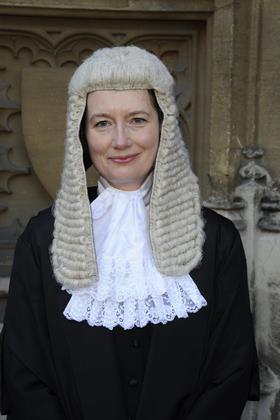Two days on and my eyes are still a bit bleary from reading all 404 paragraphs of Mrs Justice Knowles’ judgment on the latest chapter of a high-profile £450m divorce battle.
It was the opening paragraph of Mrs Justice Knowles’ judgment that attracted widespread attention, at least among the legal community:
‘All happy families are alike, each unhappy family is unhappy in its own way. With apologies to Tolstoy, the Akhmedov family is one of the unhappiest ever to have appeared in my courtroom.’

I’ve never read any Tolstoy – my editors helpfully pointed out to me that Mrs Justice Knowles was quoting the opening line of Anna Karenina. However, while many marvelled at the opening paragraph, I found myself marvelling at Mrs Justice Knowles' extraordinary efforts to make sure her judgment was easy to follow.
The opening page contains a lengthy table of contents with hyperlinks to the relevant paragraphs. After a short introduction, Mrs Justice Knowles helpfully provides a summary of her conclusions, then lists all the parties to the proceedings, briefly explaining who each is. At the end of the judgment are a list of the principal ‘actors’, orders and claims, a glossary of the reported decisions in the case (with brief descriptions and hyperlinks), and a chronology of events.
Author Ian McEwan in 2014 described judgments as a ‘quite extraordinary and neglected sub-genre of our literary heritage’. Mrs Justice Knowles' judgment should be remembered for more than just her opening line.





































4 Readers' comments